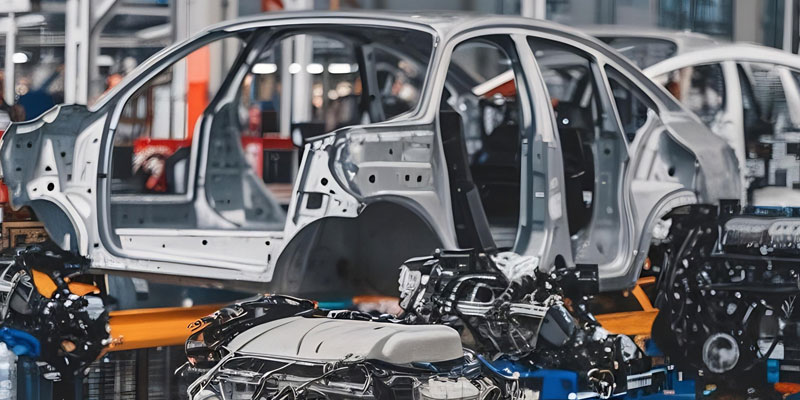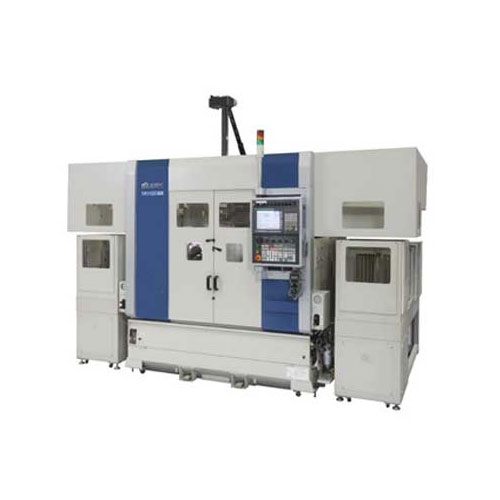Schedule a Call Back
Booming robotics sector is creating job opportunities in India: Subrata Karmakar
 Articles
Articles- Nov 29,24

- AI integration in robotics: A major trend is the increasing integration of AI into robotics. AI-enabled mobile robots, cobots, and other robotic applications are transforming industries beyond traditional manufacturing, including logistics, healthcare, life sciences, retail, and construction. This shift is expected to improve efficiency, safety, and sustainability across these sectors, creating new opportunities for growth and innovation.
- Expansion into new sectors: Robotics is expanding into new industries and sectors that have not traditionally been served by automation. AI-powered robots are making significant contributions in dynamic environments like healthcare and life sciences, while also driving productivity improvements and safety enhancements in the construction industry.
- AI-driven accessibility and education: Another key trend is the role of AI in simplifying programming and robot-human interaction. With AI-enabled systems, robots can be programmed more easily through methods like lead-through or even natural language, making robotics more accessible to a broader audience. This trend also helps close the automation skills gap, providing new job prospects and enabling businesses to leverage robotics with minimal technical expertise.
Related Stories

Engineering India’s Next Phase of Growth with Responsibility: Amit Sharma
Amit Sharma, MD and CEO, Tata Consulting Engineers (TCE), outlines TCE's strategy to support India’s next phase of industrial growth through integrated engineering, nuclear and digital capabilitie..
Read more
EV transition and tariff wars redefine India’s auto components play
India’s auto component industry is poised to hit $ 145 billion by FY30 from $ 80 billion in FY25. Yet high US tariff, EV transition and heavy reliance on imports from China expose vulnerabilities,..
Read more
HANNOVER MESSE to Host Industry Leaders on Future Tech 2025
At HANNOVER MESSE, global leaders from Siemens, Rheinmetall, Accenture and others will share insights on AI, automation, security and industrial transformation shaping the future of industry. update..
Read moreRelated Products

Compact Fmc - Motorum 3048tg With Fs2512
Meiban Engineering Technologies Pvt Ltd offers a wide range of Compact FMC - Motorum 3048TG with FS2512.

Digital Colony Counter
Rising Sun Enterprises supplies digital colony counter.
Robotic Welding SPM
Primo Automation Systems Pvt. Ltd. manufactures, supplies and exports robotic welding SPM.













